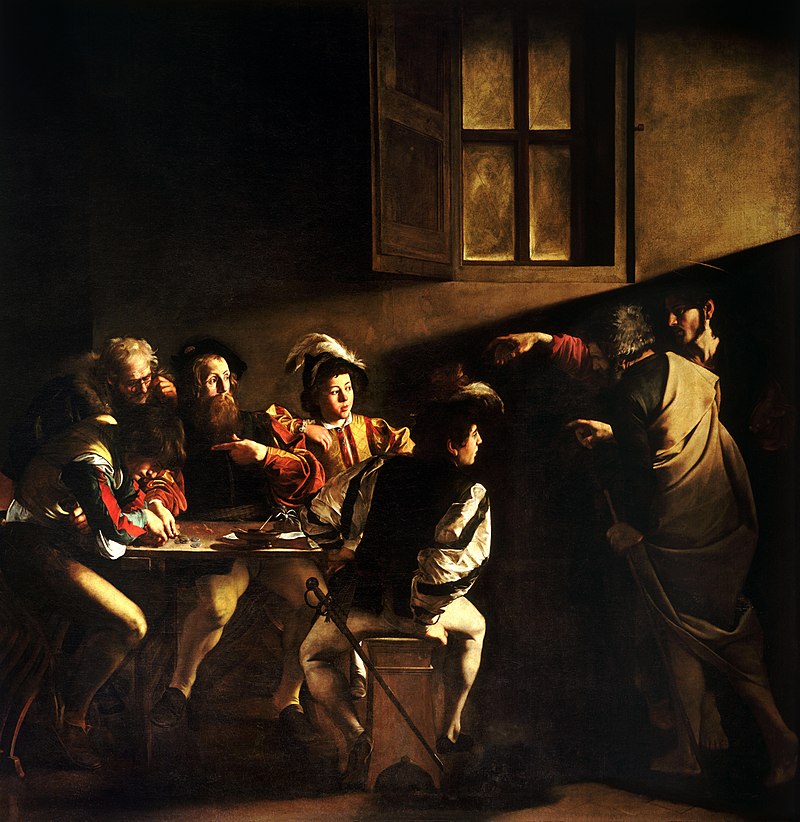“There is nothing concealed that will not be revealed, nor secret that will not be known. Therefore whatever you have said in the darkness will be heard in the light, and what you have whispered behind closed doors will be proclaimed on the housetops. . . . Are not five sparrows sold for two small coins? Yet not one of them has escaped the notice of God. Even the hairs of your head have all been counted. Do not be afraid. You are worth more than many sparrows.”
In today’s Gospel reading, the crowds press in on Jesus, and he warns the crowd and the disciples of the hypocrisy of the Pharisees. Whatever they do in darkness, Jesus says, will be revealed; whatever they say will be proclaimed from the housetops. Be afraid, Jesus says, of those who have power to kill not the body but the soul. And twice in the passage Jesus says, “Do not be afraid.” By comparing his disciples—and by extension all of humanity—to sparrows sold in a marketplace, Jesus would seem to be expressing the little worth of human lives and all of life’s torments. Instead, the comparison expresses God’s tender love for us in every single dimension of our lives. When sin disrupts that relationship, the Sacrament of Reconciliation restores us through grace to God’s constant presence.
God, help me understand the depth and breadth of your love. It is so great that I would venture to see it in only one aspect, in one splinter of my life as it is lived. How is it present in my relationship with my family? Where is that depth and breadth when others share their fears and concerns with me? “Do not be afraid," Jesus says. Let me be a living means of that message. Nothing escapes the notice of God.
Lord, let me be aware today that in your great love that you take notice of my coming and my going and my inmost thoughts. Let that awareness bring me joy that is visible to others for the sake of your glory.
Glory be to the Father, and to the Son, and to the Holy Spirit. As it was in the beginning, is now, and ever shall be, world without end. Amen.
